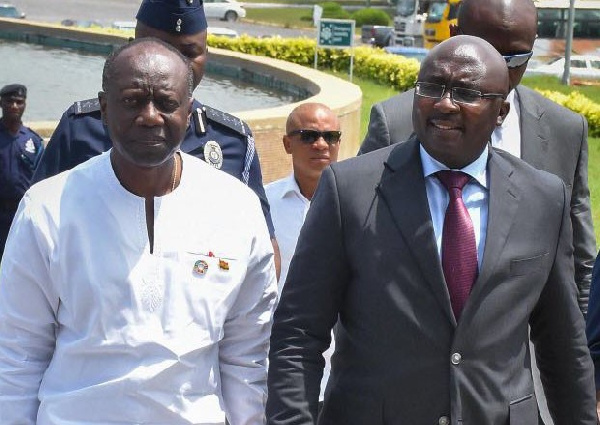The government of Ghana is to borrow a little above ¢2 billion in fresh funds between June and August 2021, the latest Issuance Calendar released by the Finance Ministry has revealed.
In all, the government plans to issue about ¢21.96 billion, out of which ¢19.86 billion will be used to pay maturing debt or rollover maturities.
Chunk of the funds to be mobilized will come from the 91-day Treasury bills, a clear intention of government’s quest to reduce foreign borrowing, but could crowd out the private sector from access to funds on the domestic market.
The new funds is expected to finance government projects outlined in the 2021 Budget.
In terms of the period, the government will borrow as much as GH¢8.13 billion in the month of July 2021, the highest among the three months.
According to the calendar, the government will issue ¢11.2 billion via the 91-day Treasury bills, whilst ¢1.71 billion will be mobilized through the issuance of the 182-day T-bills.
¢1.8 billion each is, however, expected to be raised from the 3-year, 6-year and 7-year bonds respectively.
Also, ¢1 billion is expected to be raised through the issuance of a 10-year bond in the month of August 2021.
Whilst ¢1.45 billion is expected to be raised via a one year bill, ¢1.2 billion will be mobilized through the issue of the two-year bond.
According to the government, it will issue the 91-day and 182-day weekly and the 364-day bill bi-weekly. Securities of 2-year up to 10-year will be issued through the book-building method.
The government was expected to have borrowed ¢4.12 billion in fresh funds in the second quarter of this year which will end this month.
Ghana’s Public debt rises by ¢13bn to hit ¢304.6bn
Ghana’s public debt stock rose by ¢13billion to hit ¢304.6 billion in March 2021, the lBank of Ghana (BoG) Summary of Economic and Financial Data disclosed.
This was equivalent to 70.2% of Gross Domestic Product (GDP), lower than the 76.1% registered in December, 2020.
The fall in debt to GDP ratio is probably due to the expected expansion in the size of the economy, despite the impact of Covid-19.
The $3billion Eurobond raised by the country in March this year, accounted for this jump in the debt.
Between December, 2020 and March, 2021, ¢13billion was added to the country’s debt. The debt stood at ¢291.6 billion at the end of last year.


